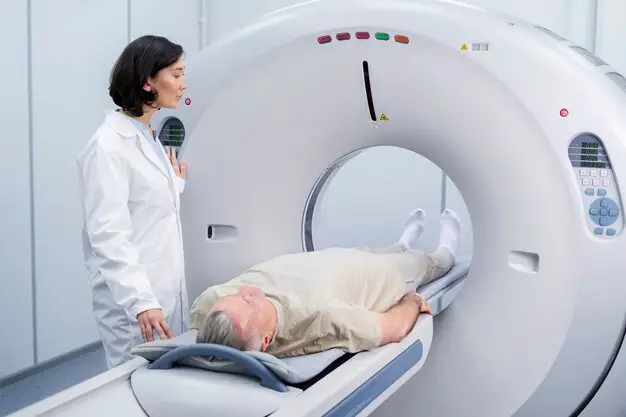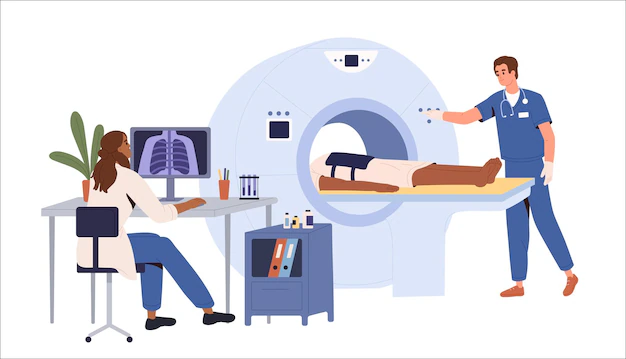The United States Preventive Services Task Force (USPSTF) stands as a cornerstone in guiding healthcare professionals and patients towards evidence-based preventive care. Established in 1984, this independent panel of experts in primary care and prevention rigorously reviews scientific evidence to provide recommendations on a wide array of preventive services, aiming to improve health outcomes and promote well-being across diverse populations.


Table of Contents
Understanding the USPSTF Screening Guidelines: Navigating Preventive Healthcare
Screening and Assessment
The USPSTF evaluates various screening tests, counseling interventions, and preventive medications to assess their effectiveness in preventing illness, detecting diseases early, and reducing morbidity and mortality. These recommendations, graded from A to D (A being the highest), consider the balance between benefits and potential harms of a specific preventive service.
The guidelines provided by the USPSTF are instrumental in shaping clinical practices and informing healthcare decisions for both providers and patients. These guidelines cover a broad spectrum of health concerns, ranging from cancer screenings and cardiovascular health to behavioral health interventions and maternal care.
Cancer Screening
Cancer Screening: The USPSTF plays a pivotal role in cancer prevention by offering recommendations for various cancer screenings. These include guidelines for breast cancer (mammography), cervical cancer (Pap smears and HPV testing), colorectal cancer (colonoscopy, stool-based tests), lung cancer (low-dose CT scans), and more. These recommendations emphasize the importance of early detection, thereby enhancing treatment options and improving survival rates.
Cardiovascular Health
Cardiovascular Health: Cardiovascular diseases remain a leading cause of mortality globally. USPSTF guidelines provide recommendations for blood pressure screening, lipid profile assessments, and interventions to prevent heart disease, such as aspirin use and statin therapy, among others. These guidelines aim to identify and manage risk factors associated with cardiovascular conditions, reducing the burden of heart-related illnesses.
Behavioral Health
Behavioral Health: Mental health and substance abuse are significant components of overall well-being. The USPSTF offers guidance on depression screenings, counseling for tobacco cessation, alcohol misuse, and interventions for unhealthy behaviors. These recommendations underscore the importance of addressing behavioral health concerns as part of comprehensive healthcare strategies.
Maternal and Child Health
Maternal and Child Health: USPSTF guidelines cover prenatal care, breastfeeding support, folic acid supplementation for pregnant women, and screening for various conditions in newborns. These recommendations focus on ensuring the health and well-being of mothers and children during critical developmental stages.
Shared Decision Making and Patient Centered Care
Shared Decision-Making and Patient-Centered Care: A hallmark of USPSTF recommendations is the emphasis on shared decision-making between healthcare providers and patients. Recognizing individual preferences, values, and circumstances, these guidelines encourage informed discussions to tailor preventive care strategies to the patient’s needs.
Continuous Review and Updates
Continuous Review and Updates: The USPSTF regularly reviews and updates its guidelines based on evolving scientific evidence, ensuring that recommendations remain current and reflective of the latest advancements in medicine and healthcare.
Conclusion
In conclusion, the USPSTF’s role in providing evidence-based recommendations for preventive services is integral to improving public health outcomes. By guiding healthcare providers and patients in making informed decisions, these guidelines pave the way for effective preventive care strategies, promoting healthier lives and reducing the burden of preventable diseases. As medical research progresses, the USPSTF continues to serve as a beacon, fostering a proactive approach to healthcare and advocating for preventive measures that positively impact individuals and communities alike.



